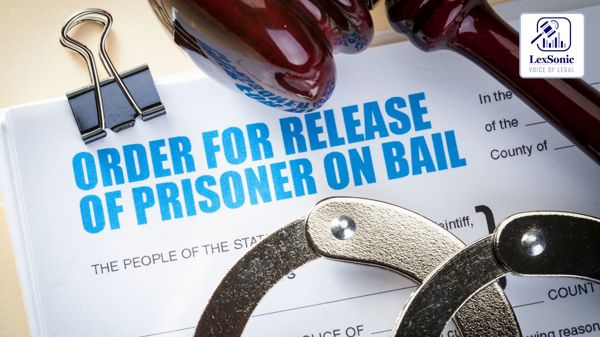Supreme Court Grants Bail to Accused After Two Years in Custody, Citing Hostile Witnesses and Trial Delays.
08 May 2025
Bail and Antcipatory Bail >> Criminal Law | Criminal Trial >> Criminal Law
In a recent decision of Gurmeet Singh v/s State Of Punjab, the Supreme Court of India has granted bail to an appellant who had been in custody for over two years in connection with a case registered under various sections of the Indian Penal Code (IPC) and the Arms Act. The ruling overturns an order by the Punjab and Haryana High Court at Chandigarh, which had previously rejected the appellant's bail plea.
The appellant was arrested on March 8, 2023, in connection with FIR No. 44, registered at Police Station Beas, District-Amritsar. The charges against the appellant included serious offenses such as attempt to murder (Section 307 IPC), robbery (Section 392 IPC), wrongful confinement (Section 342 IPC), common intention (Section 34 IPC), voluntarily causing grievous hurt (Section 325 IPC), and voluntarily causing grievous hurt in committing robbery (Section 394 IPC), along with charges under Sections 25 and 27 of the Arms Act.

The Supreme Court, after reviewing the case, noted two significant factors that influenced its decision to grant bail:
- Hostile Key Witnesses: The Court observed from the counter-affidavit filed by the prosecution that the first three key prosecution witnesses (PW-1 Amit Kumar, PW-2 Surinder Kumar, and PW-3 Sonu Bagga) had been declared hostile. This development significantly weakens the prosecution's case at an early stage.
- Prolonged Custody and Trial Delay: The appellant had already spent more than two years behind bars. Furthermore, the trial was progressing slowly, with only 5 out of 17 prosecution witnesses examined to date.
Considering these circumstances, the Supreme Court found it appropriate to allow the appeal and set aside the High Court's order. The appellant will now be released on bail, subject to terms and conditions to be imposed by the trial court.
The Supreme Court clarified that its observations and the grant of bail should not be construed as findings on the merits of the case. It also stipulated that the appellant must appear before the trial court on all fixed dates, unless exempted, and warned that failure to appear without justifiable cause or any breach of bail conditions would lead to the cancellation of bail by the trial court.
Section 34., Indian Penal Code - 1860
Section 307., Indian Penal Code - 1860
Section 325., Indian Penal Code - 1860
Section 342., Indian Penal Code - 1860
Section 392., Indian Penal Code - 1860
Section 394., Indian Penal Code - 1860
